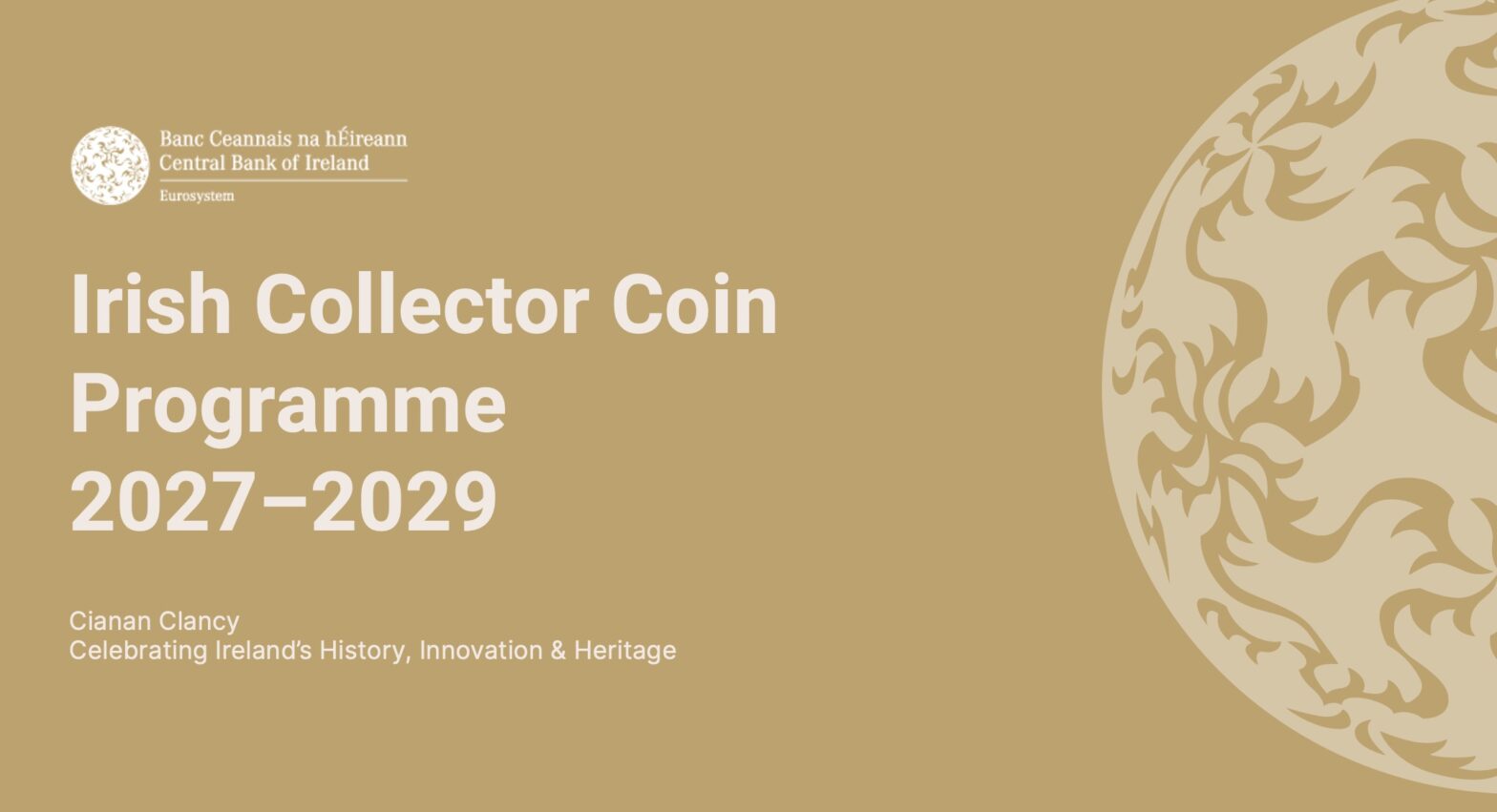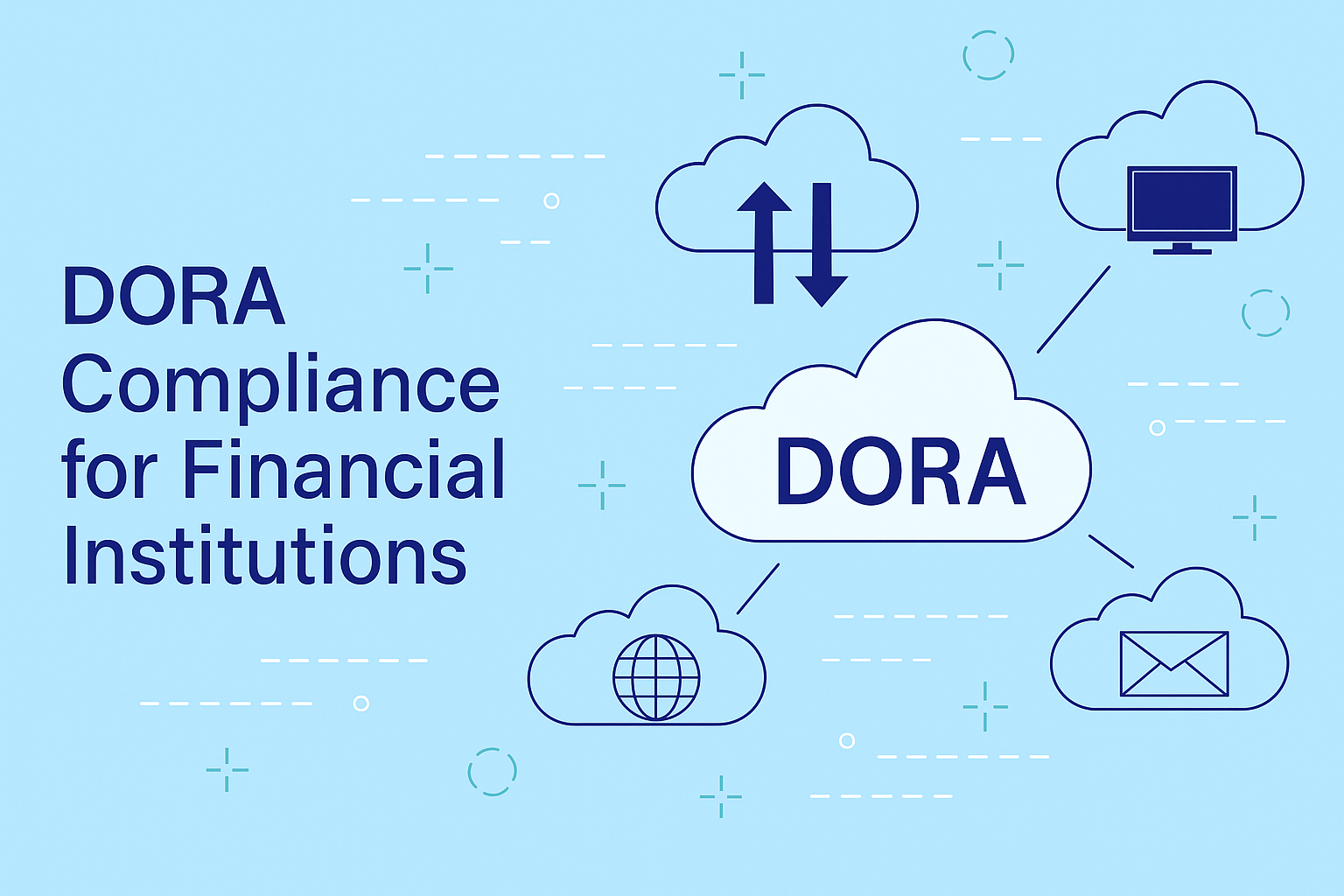The EU’s Digital Markets Act and Its Impact on Google Maps
In early March, internet users across the EU and EEA noticed a significant change in their Google searches. The familiar feature of seamlessly transitioning from search results to Google Maps with a simple click disappeared. This change was a direct result of the Digital Markets Act (DMA), new EU legislation aimed at reducing the dominance of tech giants like Google within the European market.
What Changed with Google Maps?
Previously, users could easily click on a map in search results to open Google Maps. However, under the new regulations, this functionality was removed. Now, users must manually visit the Google Maps website or click “Directions” to access the maps function. While this change may seem minor, it represents a broader effort to level the playing field and promote competition among online platforms.
Why Did the EU Implement the DMA?
The DMA aims to address concerns about the power held by large tech companies, which are often accused of favoring their own services over competitors’. By enforcing stricter regulations, the EU hopes to create a more equitable digital environment and provide users with a wider range of choices when searching for information online.
Other Changes Under the DMA
In addition to the changes to Google Maps, the DMA has implications for other tech services. For example, users may notice separate account options for platforms like Facebook and Messenger, allowing for greater control over personal data. Furthermore, the DMA may lead to increased competition in app marketplaces, such as Apple’s App Store, by allowing alternative distribution channels. Notably, iPhone users will now be able to download apps without going through the official Apple App Store, a change that has been well-received by many.
The User Experience Dilemma
However, amidst these positive changes, there are concerns about the impact on user experience. The inability to jump from search to Google Maps creates frustration for EEA users, reminiscent of the mandatory cookie consent forms due to GDPR compliance. This unnecessary friction not only wastes users’ time but also detracts from the overall usability of online services.
Looking Ahead
As the DMA continues to shape the digital landscape in Europe, it will be important for users and businesses alike to stay informed about ongoing developments. While change can be disruptive, it also presents opportunities for positive transformation and progress. By embracing these changes and advocating for a more open and competitive digital ecosystem, we can work towards a future where innovation thrives and users have greater control over their online experiences.
Ultimately, the success of regulatory measures such as the DMA will be measured not only by their ability to promote competition but also by their capacity to enhance user experience and foster a digital environment that prioritises accessibility, convenience, and choice.






